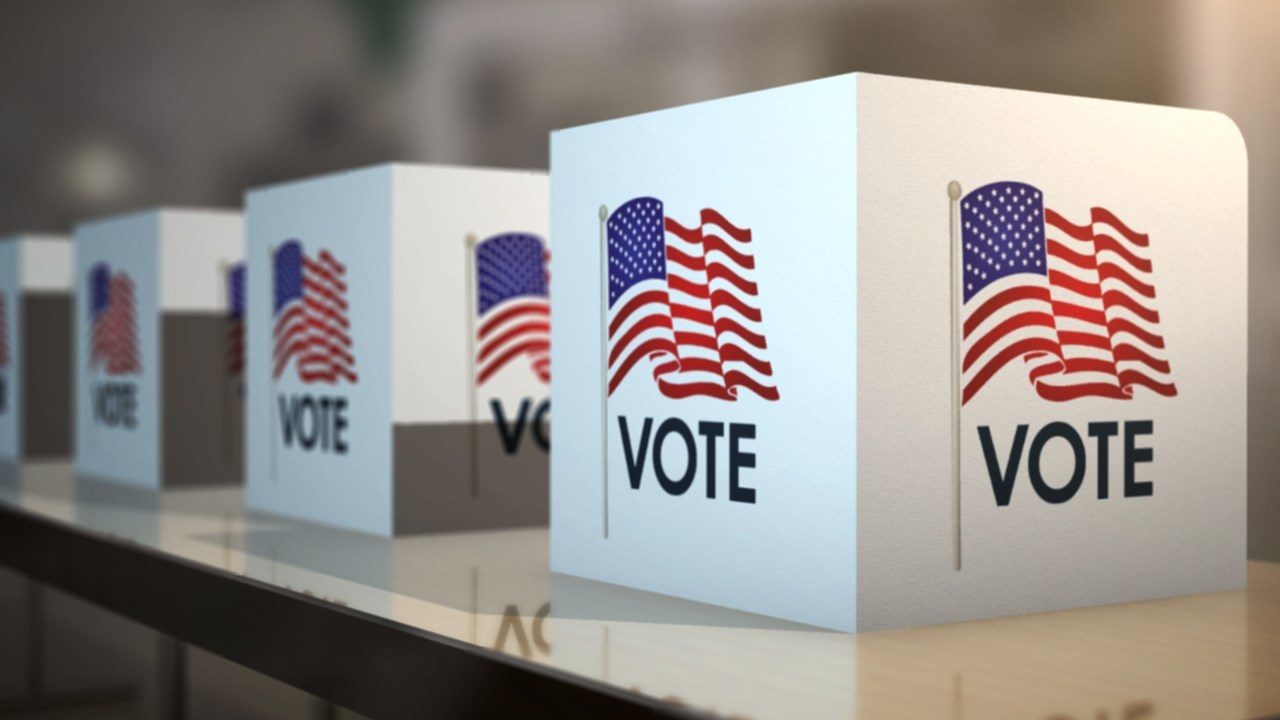Idaho lawmakers consider changes in primary voting rules

BOISE, Idaho (AP) - Voters will have about two weeks to choose a political party if they want to vote in Idaho's Democratic and Republican presidential primaries in March following action by a House panel on Monday.
The State Affairs Committee sent to the full House legislation that will take effect immediately should it pass as expected and be signed into law by Republican Gov. Brad Little in roughly two weeks.
The legislation will require a voter to affiliate with a particular party about 90 days before the primary.
Republicans are concerned some voters might affiliate with their party to throw a primary vote to a less popular candidate more likely to lose in the general election.
Republicans hold all five statewide elected offices, the four-person Congressional delegation is entirely Republican, and Republicans hold super-majorities in the state House and Senate.
Republicans became aware voters not registered with their party could vote in their presidential primary in a letter the attorney general's office sent to Secretary of State Lawerence Denny in December. The attorney general's office said that because a presidential primary wasn't mentioned specifically in state law, that made it an open primary and voters from any party could participate.
Republican Rep. Doug Ricks brought the legislation forward.
"People join a party because they believe in some of the principals and ideals and platform of that particular party," said Republican Rep. Doug, who brought the legislation forward. This is "about ideals and following those with a particular party."
Democrats on the committee cited concerns about the speed of the change to state law.
"At this late date, this particular bill seems like it's a voter suppression bill brought by political parties," said Democratic Rep. John Gannon.
Democrats allow unaffiliated voters to participate in their presidential primary but Republicans do not.
In the regular primary in May, Democrats allow any registered voter to take part. Republicans only allow registered Republicans.
Unaffiliated voters can choose to affiliate with a particular party up to and on election day. Voters by law may only vote for only one candidate in a primary election.
Democrats this year are using a primary to choose a presidential candidate rather than a caucus format.
Non-presidential primaries already have a 60-day party affiliation deadline. The deadlines for both the presidential and non-presidential primaries are based on the last day candidates can file to run for political office.






